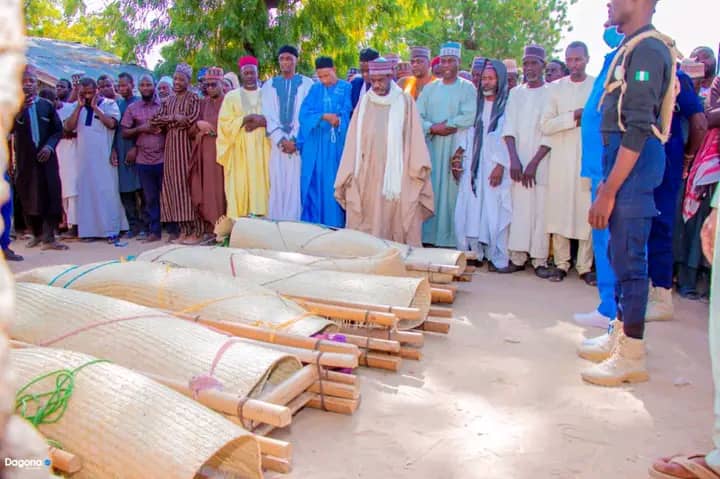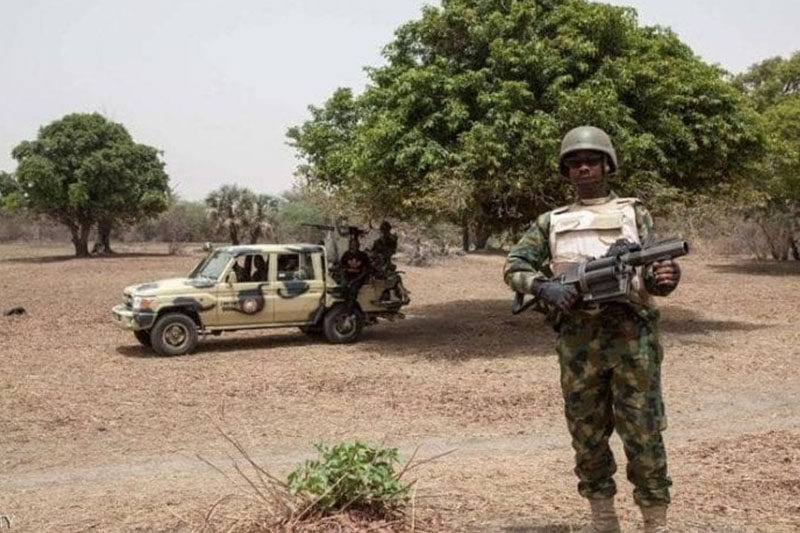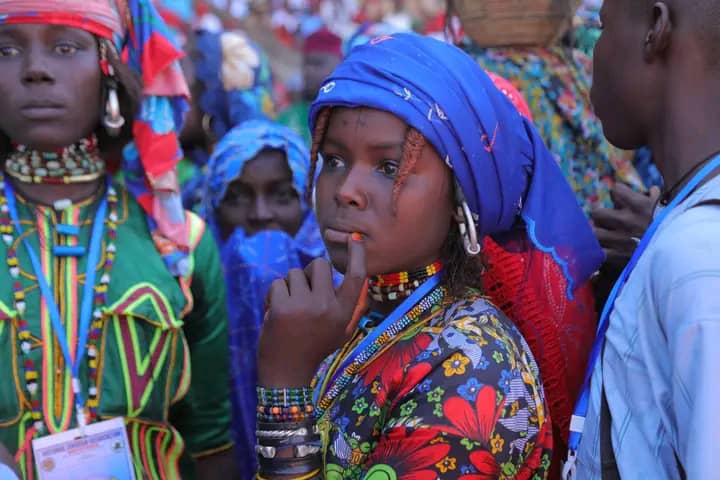Many people in northeast Nigeria hold deep-seated emotions, doubts and resentment about so-called “repented” insurgents being reintegrated into their communities and question whether they have been truly rehabilitated and if it will be safe living among them.
A resident of Damaturu, the capital of Yobe State, said: “We have lost parents, brothers and sisters. The insurgents killed friends, relatives, teachers and other members of our community. How do we know they have fully repented? How can we believe what they say? How can we live with them?”
The resident, who asked to remain anonymous, said it was hard for communities to imagine living peacefully with the very people who had traumatised them and changed their lives forever.
Since 2009 escalating conflict and violence have torn communities of northeast Nigeria apart. Members of extremist groups – mostly Jamā’at Ahl as-Sunnah lid-Da’wah wa’l-Jihād (JAS), more commonly referred to as Boko Haram, and the Islamic State West Africa Province (ISWAP) – had attacked cities, towns and villages. They killed indiscriminately, kidnapped and abducted hundreds, and raped women and girls.
Millions were forced to flee from their communities and homes in fear for their lives, seeking shelter in internally displaced camps and host communities.
“It is hard to believe that the people who committed these atrocities have changed and have repented,” the resident told RNI reporter Sharrif Bra.
Mala Mustapha, a leading consultant at the Centre for Democracy and Development in Gombe State, said there were different categories of insurgents – those who were conscripted and those who believed in the doctrines of the extremist groups they joined and lived with.
He said the government had set up detention centres in Kainji in Niger State for those who continued to believe in extremist ideologies because it was thought that they could not be rehabilitated.
However, those who had been conscripted were taken to Mallam Sidi camp, a rehabilitation centre in Gombe. There, for what was supposed to be a period of six months, internees received what the state called “deradicalisation” instruction, as well as other education, vocational training and psychological support, according to a report by the International Crisis Group.
Mustapha said that once they graduated – having been deradicalised and rehabilitated – they were reintegrated into communities where it was hoped they would live in peace. But, he said, many residents were still afraid of “repentant” insurgents and, apart from fear, there was a feeling of resentment among victims who said they believed they had been abandoned by the government which, in their eyes, had empowered those who had been rehabilitated by giving them money and training them to become entrepreneurs.
Mustapha said this alone had made integration “impossible”.
The resident said the repentant insurgents had been members of extremist organisations and they had killed many people and made countless people homeless.
“They have attacked us for years, putting all our lives in peril. Now we are expected to live peacefully with them in our communities,” he said.
“How can I live with them in the same community? How can any of us believe they have sincerely repented when we saw them chanting ‘Allahu Akbar’ in solidarity with insurgents when they attacked us?”
He said most residents believed that the insurgents had been forced to repent by the government and, for that reason, they doubted the repentance was sincere.
A resident in Maiduguri, who also did not want to be named, said Islamic scholars had spoken extensively about the repentance of people from JAS and other extremist groups, saying their they doubted their sincerity.
“The insurgents and their doctrine are inseparable. We have seen that in Maiduguri. People who are addicted to killing cannot be rehabilitated. If you allow them into the community, they will kill again. Some insurgents had not believed residents who said they were Muslims. And then, because they had decided that they were non-Muslims, they had killed them.”
He said the so-called repentant insurgents should be taken far away instead of being brought to their communities where everyone was still angry and hurt by their actions when they had still belonged to the extremist groups.
- Operation Safe Corridor was established by the Nigerian government in 2016 to receive voluntary defectors from extremist groups. The government realised that it would not be able to defeat the extremists, which it had been battling since 2009, by military means alone. However, as the International Crisis Group said in its report, it was widely regarded that the authorities had failed to demonstrate the programme could guide internees to graduation and reintegrate them back into society safely and securely. To date, it said, Safe Corridor had fallen short of being able to offer those kinds of assurances with sufficient credibility.








